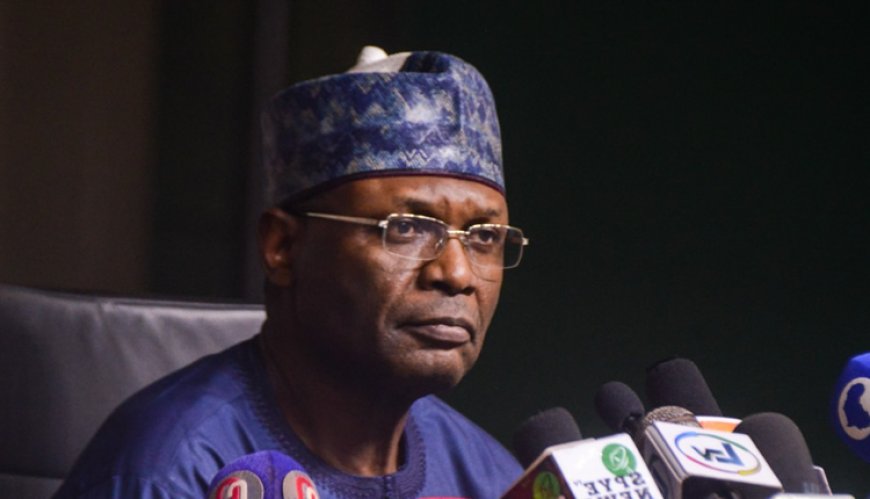Funding gaps stall 17 by-elections

The Independent National Electoral Commission is experiencing delays in conducting 17 by-elections across the country due to financial constraints.
These elections cover 17 constituencies across over 32 local government areas, 359 registration areas, and more than 7,000 polling units nationwide.
The commission had proposed N126bn for its 2025 operations, with part of the budget specifically allocated for the conduct of by-elections.
Sources within the commission confirmed on Tuesday that funding remained the primary hurdle.
One official who preferred anonymity because he was not authorised to speak said, “Regarding the by-elections, the primary challenge is funding.”
Another senior source noted that even with immediate fund release, the elections could not be held within the month, as the necessary preparations, including party primaries, required at least four weeks.
“Organising a by-election typically requires at least a month, largely due to the need for party primaries to select candidates,” the official noted.
INEC Chairman, Prof Mahmood Yakubu, had earlier informed the National Assembly that the 2024 budget made no provision for by-elections, making the commission reliant on the prompt approval and release of the 2025 Appropriation Bill.
Yakubu also expressed concern about the increasing number of by-elections, often triggered by resignations or absenteeism, which he said placed additional pressure on INEC’s resources and planning.
Currently, two senatorial seats are vacant: Edo Central, previously held by Senator Monday Okpebholo, now Governor of Edo State, and Anambra South, left open after the death of Senator Ifeanyi Ubah.
Five seats in the House of Representatives are also vacant.
These include the Ovia North/South Federal Constituency in Edo State, vacated by Denis Idahosa after he emerged as deputy governor, and four others resulting from the deaths of Isa Dogonyaro (Jigawa), Ekene Adams (Kaduna), Olaide Akinremi (Oyo), and Oriyomi Onanuga (Ogun).
In addition, 10 seats across various state houses of Assembly remained unoccupied.
Civil society voices have raised concerns about the delay.
The Executive Director of the Centre for Anti-Corruption and Open Leadership, Debo Adeniran, called for judicial and institutional reforms to ensure clearer timelines and enforceable consequences for delays.
“The courts should always be specific. There should be consequences for unnecessary delay.
“Everybody should be on the lookout. All agencies involved should work together with a strict timeline and if anyone sabotages the process, there must be consequences,” Adeniran noted.
The Country Director of Accountability Lab Nigeria, Friday Odeh, also called for a revamp of the budgeting system and prioritisation of democratic institutions.
Odeh noted, “The government must understand that funding elections is not just about budget lines, it’s about representation. When elections are delayed, people are cut off from development and from being represented.
“The executive and the legislature must prioritise INEC’s funding so that democracy can function properly.

 admin
admin 


